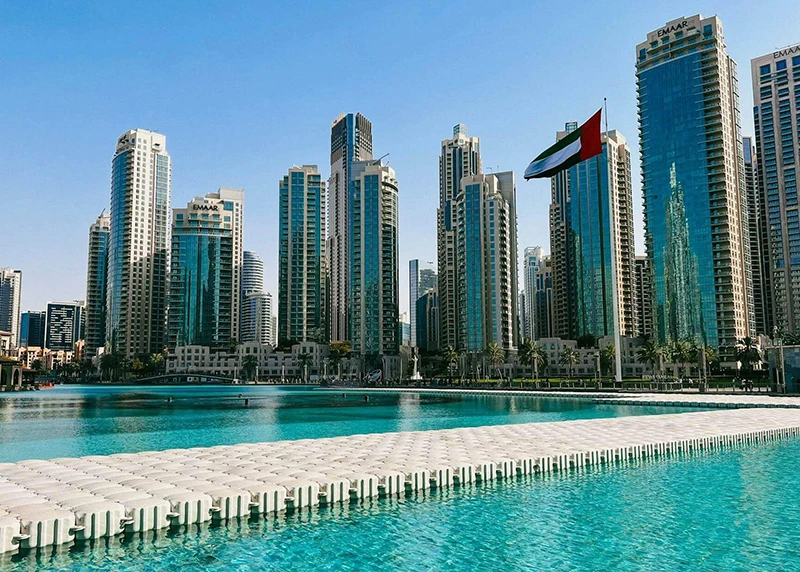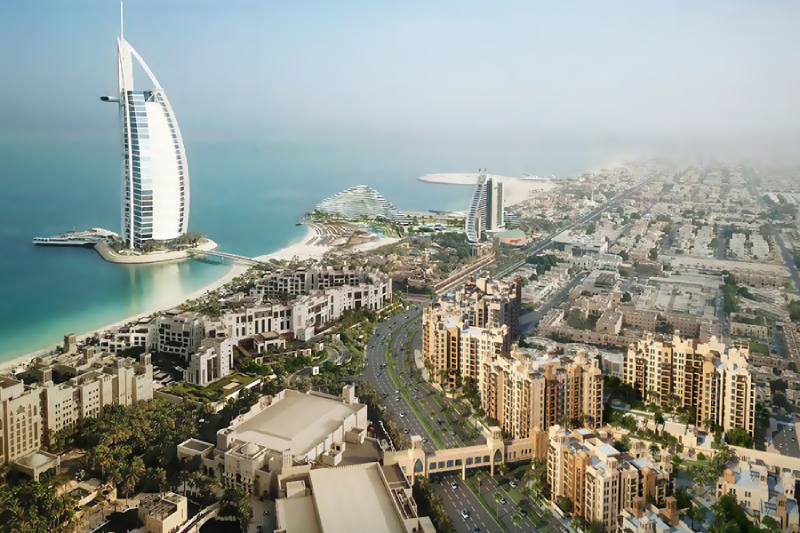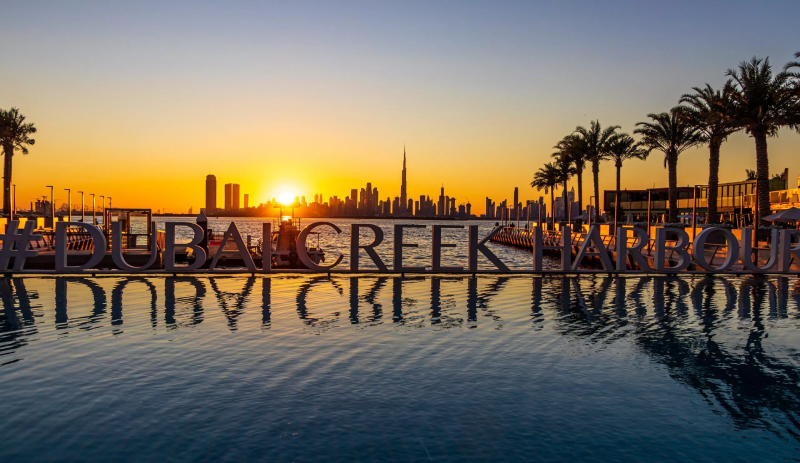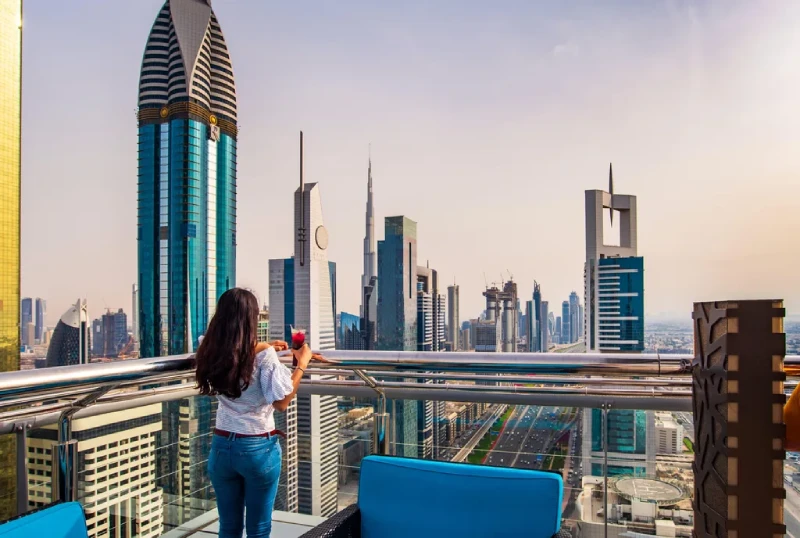
Are you considering buying a property in Dubai? Look no further, as we have the answers to all your questions. Dubai's real estate market has seen substantial growth in recent years, making it an attractive investment opportunity for both individuals and businesses. In this article, we will guide you through the process of purchasing property in Dubai, providing you with valuable insights and practical tips.
From understanding the legal requirements to identifying the right location and property type for your needs, we have got you covered. Whether you are a first-time buyer or an experienced investor, navigating the Dubai property market can be a daunting task. But fear not, our expert advice will make the process easier and more transparent.
We will discuss the necessary documentation, financing options, and the role of real estate agents in Dubai. Additionally, we will highlight some important factors to consider before making a purchase, such as market trends and potential returns on investment.
Get ready to embark on a real estate journey in one of the world's most vibrant cities. Let's explore how you can turn your property dreams into reality in Dubai.

Understanding the legal requirements for purchasing property in Dubai
Buying property in Dubai as a foreigner is a straightforward process, thanks to the government's efforts to attract international investors. However, it is essential to understand the legal requirements before making a purchase. The first step is to obtain a residency visa, which allows you to own property in Dubai. This can be done by either setting up a company in Dubai or purchasing property through a developer.
Once you have obtained a residency visa, you can begin the process of purchasing property. It is important to note that as a foreigner, you are limited to specific areas where non-UAE nationals are allowed to own property. These areas are known as freehold zones and include popular locations such as Dubai Marina, Downtown Dubai, and Palm Jumeirah. Additionally, foreigners can also purchase property in designated leasehold areas.
To legally purchase property in Dubai, you will need to provide certain documents, including a copy of your passport, a No Objection Certificate (NOC) from your employer, and proof of address. It is advisable to work with a reputable real estate agent or lawyer who can guide you through the legal process and ensure that all necessary documentation is in order.
Researching the Dubai real estate market
Before diving into the Dubai property market, it is crucial to conduct thorough research. Understanding the market trends, property prices, and potential returns on investment will help you make informed decisions and maximize your investment.
Start by analyzing the current state of the Dubai real estate market. Look for trends in property prices, rental yields, and occupancy rates. This will give you a sense of whether the market is growing, stabilizing, or experiencing a decline. Additionally, research the different property types available in Dubai, such as apartments, villas, and townhouses, to determine which best suits your needs and budget.
Take advantage of online resources, real estate portals, and expert opinions to gather as much information as possible. Attend property exhibitions and seminars to network with industry professionals and gain insights into the market. By arming yourself with knowledge, you will be better equipped to make informed decisions and identify investment opportunities that align with your goals.

Choosing the right location in Dubai
Dubai is a sprawling city with diverse neighborhoods, each offering its unique charm and amenities. When buying property in Dubai, choosing the right location is crucial. Consider your lifestyle preferences, proximity to schools and healthcare facilities, accessibility to major highways, and the availability of public transportation.
Popular areas such as Dubai Marina and Downtown Dubai offer a vibrant lifestyle with stunning waterfront views and world-class amenities. These areas are also well-connected to other parts of the city, making commuting convenient. If you prefer a more tranquil environment, areas like Arabian Ranches and Jumeirah Golf Estates offer spacious villas and a sense of community.
It is also worth considering areas that are undergoing development or revitalization. These areas often offer attractive prices and potential for future growth. However, be cautious when investing in areas that are still under construction, as delays can occur, affecting your investment timeline.
Exploring different types of properties available in Dubai
Dubai's real estate market offers a wide range of property types to cater to different preferences and budgets. Whether you are looking for a luxury apartment with stunning views, a spacious villa with a private garden, or a townhouse in a family-friendly community, Dubai has it all.
Apartments are the most common type of property in Dubai, offering a wide range of sizes and styles. From studio apartments to expansive penthouses, there is something to suit every budget. Apartments often come with shared amenities such as swimming pools, gyms, and parking facilities.
Villas, on the other hand, provide more space and privacy. These standalone properties are ideal for families or individuals who value privacy and a larger living space. Villas often come with private gardens, swimming pools, and multiple bedrooms, providing a luxurious and comfortable lifestyle.
Townhouses offer a middle ground between apartments and villas. These multi-story properties are often part of gated communities and offer a balance between privacy and community living. Townhouses are a popular choice for families and those seeking a more spacious living environment.
When exploring different types of properties, consider factors such as maintenance costs, community facilities, and potential rental yields. It is also advisable to visit properties in person or take virtual tours to get a better sense of the layout and condition of the property.

Understanding the payment process when buying property in Dubai
The payment process for buying property in Dubai follows a specific structure to protect both buyers and sellers. Typically, the process involves paying a reservation fee, followed by a series of installments leading up to the final payment upon completion.
Once you have identified a property you wish to purchase, you will be required to pay a reservation fee to secure the property. This fee is typically 2-5% of the property value and is non-refundable. It is important to ensure that you have the necessary funds available before making a reservation.
Following the reservation, you will need to sign a sales agreement and pay the first installment, known as the down payment. The down payment is usually around 10-20% of the property value and is due within 30 days of signing the sales agreement. This payment is a significant milestone in the buying process.
Subsequent installments are typically linked to construction milestones if you are purchasing property off-plan. These installments are outlined in the sales agreement and are spread out over the construction period. It is essential to review the payment schedule carefully and ensure that you can meet the financial obligations.
Finally, upon completion of the property, you will need to make the final payment. This payment is commonly referred to as the handover payment and typically covers the remaining balance of the property value, along with any associated fees and charges.
Important considerations for foreigners buying property in Dubai
As a foreigner buying property in Dubai, there are some important considerations to keep in mind. One of the key factors is the financing options available to you. While some banks in Dubai offer mortgages to foreigners, the criteria and interest rates may vary. It is advisable to consult with multiple banks and compare their terms before making a decision.
Another consideration is the associated costs of purchasing property in Dubai. These costs include registration fees, agent fees, and maintenance fees. It is important to budget for these additional expenses to ensure that you have a clear understanding of the total cost of ownership.
Additionally, it is crucial to familiarize yourself with the local laws and regulations governing property ownership in Dubai. Understand the rights and responsibilities of property owners, as well as any restrictions or limitations that may apply. Working with a reputable real estate agent or lawyer can help navigate the legal complexities and ensure a smooth transaction.
Lastly, consider the potential returns on investment when buying property in Dubai. Dubai's real estate market has historically provided attractive rental yields, especially in popular areas. However, it is important to conduct thorough market research and analyze rental trends before making a purchase. Factors such as location, property type, and market demand can significantly impact the rental income potential.

Tips for negotiating the best deal when buying property in Dubai
Negotiating the best deal when buying property in Dubai requires careful planning and strategy. Here are some tips to help you secure a favorable deal:
- Conduct thorough research on the property and the market. This will give you a better understanding of the property's true value and help you negotiate from an informed position.
- Be prepared to negotiate. Don't be afraid to make a counteroffer or request additional benefits, such as furniture or maintenance packages. Sellers in Dubai are often open to negotiations, especially if they are motivated to sell.
- Consider the seller's circumstances. If the property has been on the market for a while or the seller is in a hurry to sell, you may have more leverage in negotiations. Use this to your advantage and negotiate for a lower price or additional benefits.
- Work with a reputable real estate agent. A skilled agent can provide valuable insights, negotiate on your behalf, and guide you through the buying process. Look for agents with a proven track record and a deep understanding of the Dubai property market.
- Be patient and don't rush into a deal. Take your time to thoroughly analyze the property and negotiate the terms. Rushing into a purchase can lead to regrets or missed opportunities.
By following these tips and approaching negotiations strategically, you can increase your chances of securing a favorable deal when buying property in Dubai.
Conclusion and final thoughts on buying property in Dubai
Buying property in Dubai can be a rewarding and lucrative investment. With a growing real estate market, attractive rental yields, and a diverse range of property options, Dubai offers something for everyone. However, it is essential to approach the buying process with caution, research, and expert advice.
Understanding the legal requirements, researching the market, choosing the right location, and exploring different property types are all crucial steps to take before making a purchase. Additionally, understanding the payment process, considering important factors for foreigners, and negotiating the best deal will help ensure a successful transaction.
Remember, the key to a successful property purchase in Dubai is knowledge and preparation. By arming yourself with the necessary information and working with reputable professionals, you can turn your property dreams into reality in one of the world's most vibrant cities. Happy property hunting!